Wednesday, April 17, 2024
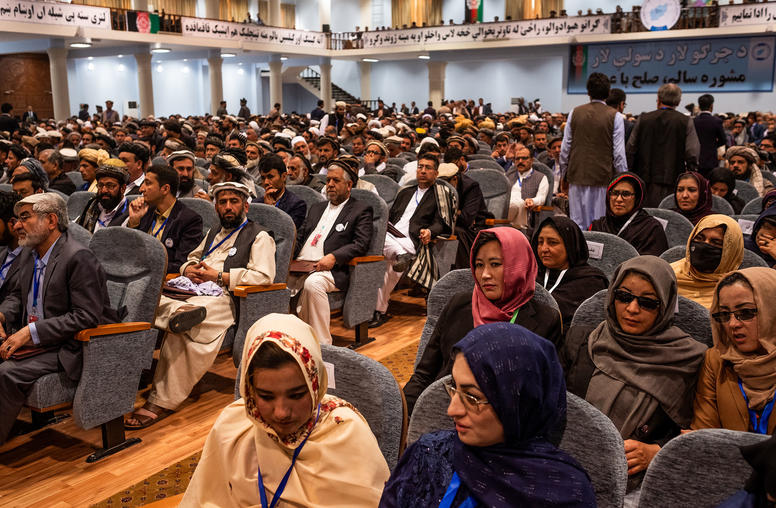
Afghans Want U.S.-Taliban Talks to Resume, But with New Approach
Just days before U.S.-Taliban talks were put on freeze earlier in September, I was in Istanbul for a negotiations workshop with 25 Afghan women leaders. These women were expected to play an integral role in intra-Afghan talks that would follow a U.S.-Taliban deal. Even though a deal seemed imminent that week, the Taliban intensified their attacks on Afghan civilians and security forces. Meanwhile, these women were hard at work strategizing for peace. But they, and other Afghans I spoke with in a subsequent trip to Kabul, revealed deep trepidation over what a U.S.-Taliban deal would mean for them, their hard-won rights, and the impact a begrudging peace could have on Afghan society.
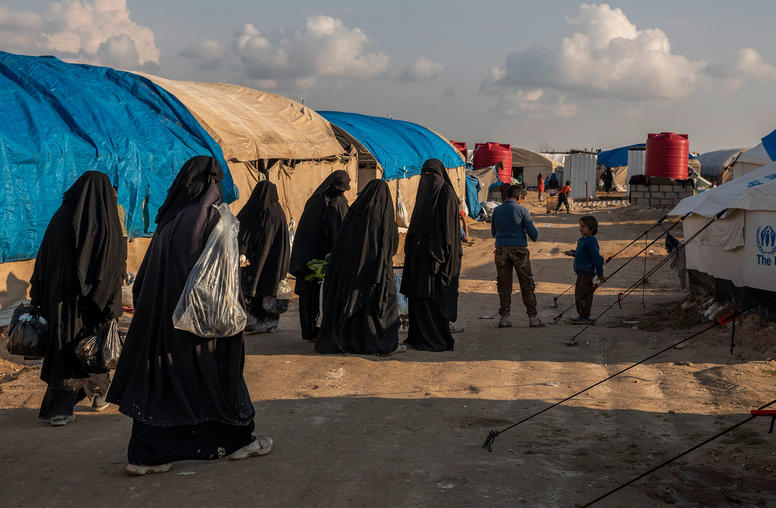
Central Asia Leads the Way on Islamic State Returnees
Beginning in January of this year, Kazakhstan began repatriating its citizens from Syria on dedicated mass flights in what it calls “Operation Zhusan.” Zhusan literally means sagebrush, but significantly, it evokes the unique scent of the Kazakh steppe—something along the lines of “the green, green grass of home.” Within months, Tajikistan and Uzbekistan followed suit, and Kyrgyzstan is expected to soon begin facilitating the exodus of its citizens who were involved with the Islamic State.
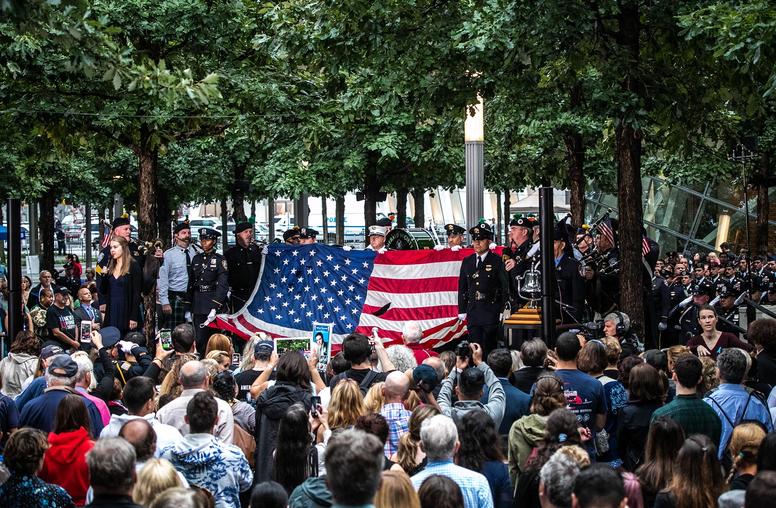
Reflecting on 9/11: It’s Time for a Policy of Prevention
Like most Americans, I know exactly where I was on 9/11: in a meeting just blocks away from the White House, where I was slipped a note that didn’t make any sense. We continued the meeting until the second note confirmed we were facing an enormous tragedy. Today, many millions of us will be reflecting on this somber anniversary and the difficult ground we have traveled since. We have learned many hard lessons in the last 18 years, and the question is whether we are ready to act on those lessons by moving beyond reacting to violent extremism and instead investing in prevention.
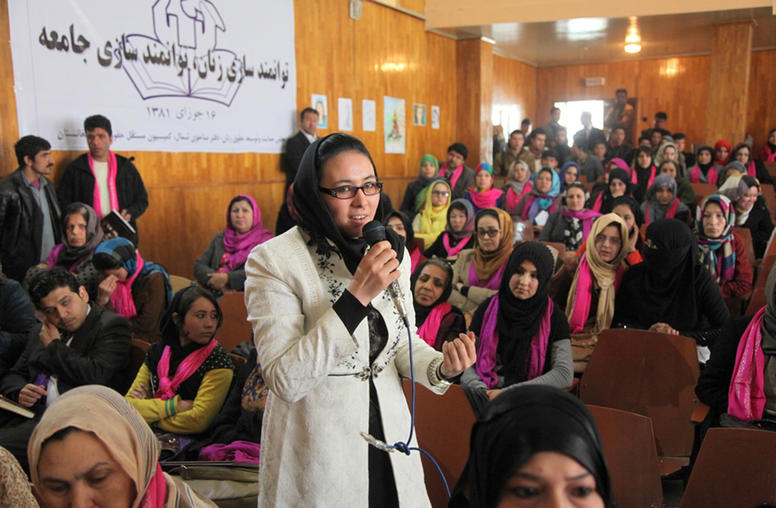
Here’s What Afghan Women Have to Say About Peace and Extremism
It’s been nearly a year since U.S.-Taliban talks renewed hope that a broader Afghan peace process could set the country on the path to end its decades of conflict. Now, as the U.S. and Taliban are potentially on the cusp of a deal, the stakes for Afghan women are particularly high. Often treated as a monolith, a forthcoming USIP-commissioned study found a diverse range of views on the ongoing peace process, peacebuilding at the local level, extremism, and the barriers women face. Their views and experiences differ greatly—that’s why a diverse array must be represented in intra-Afghan talks.
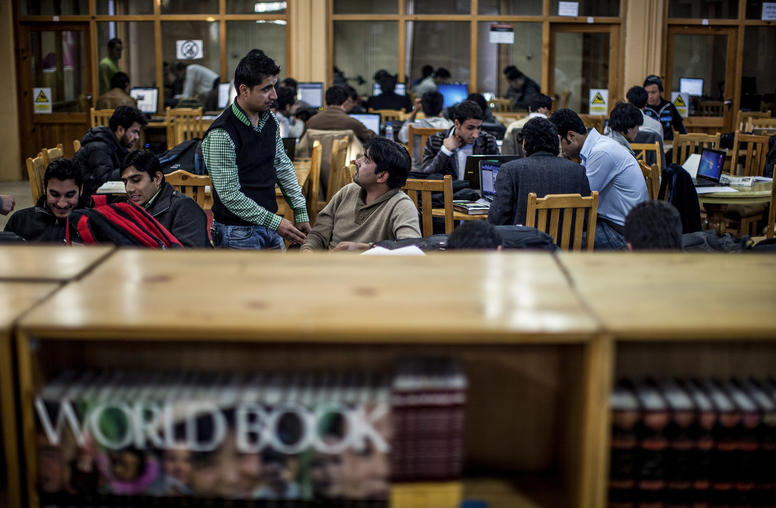
Building Peace in Afghanistan from the Bottom-up
A peace deal between the U.S. and Taliban is reportedly imminent. That deal would pave the way for intra-Afghan talks aimed at setting the course for the country’s political future. After the 18-year U.S. war and decades of conflict prior, Afghans overwhelmingly want an end to the violence that plagues their country every day. While this official diplomacy is an important first step, there is also much to be done at the grassroots level to build peace in Afghanistan.
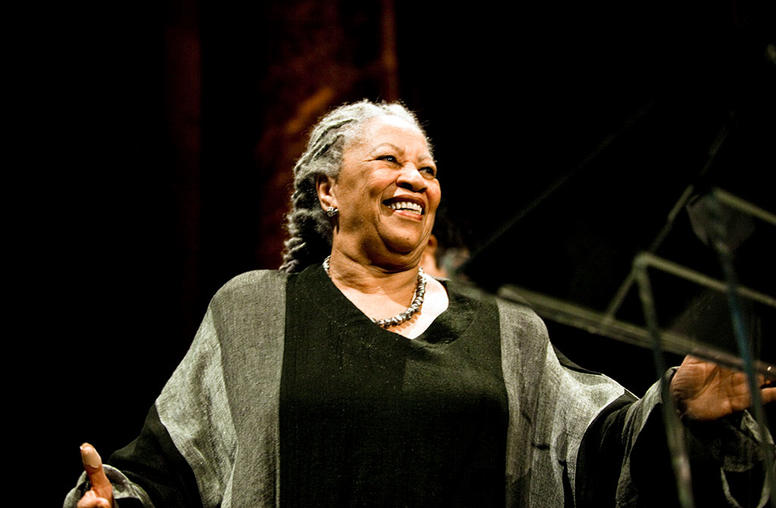
Toni Morrison and The Brilliant Art of Peace
I had the good fortune to meet Toni Morrison at the United Nations in June 2002. She delivered the inaugural lecture in a series of public lectures established by fellow Nobel laureate Kofi Annan, then secretary-general of the United Nations. Annan established the lectures to bring different perspectives to the U.N. and to strengthen the sense of community among U.N. staff and diplomats of member states.
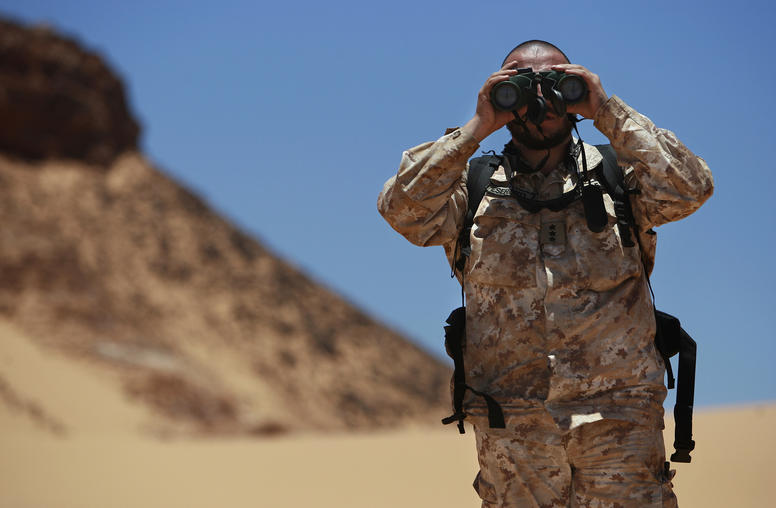
Monitoring Cease-fires is Getting Harder: Greater Innovation is Required
Far from helping resolve conflict, flawed cease-fires and cease-fire monitoring may well contribute to significantly increased mistrust between the parties to that conflict. The consequences may be even more damaging; as cease-fires are often one of the first objectives a mediator attempts to achieve, in the eyes of the combatants, early failure may more broadly damage the viability, or the perception of viability, of external action to effectively resolve the conflict.
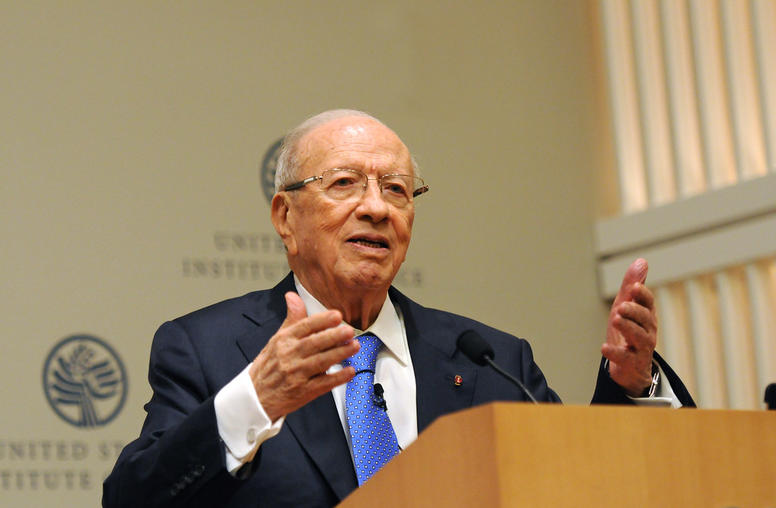
Tunisia, Stable Under Essebsi, Now Must Recruit Youth
Tunisia, the single democracy to emerge from the Middle East’s 2011 political revolts, suddenly must choose a new leader following the death of 92-year-old President Beji Caid Essebsi. Essebsi was the country’s first freely elected president and helped lead its transition away from decades of authoritarian rule. His death accelerates a test for this young democracy—its first political succession under its 2014 constitution.
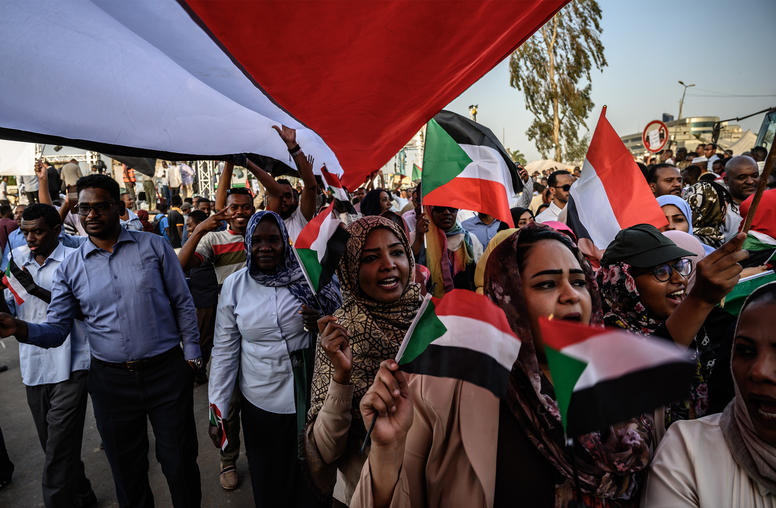
The Latest on Sudan’s Transition: 3 Things You Need to Know
In Sudan, the Forces for Freedom and Change and the Transitional Military Council recently signed a power-sharing accord, but the agreement has yet to be formally implemented. Susan Stigant explains what’s holding up implementation and how the agreement addresses transitional justice.
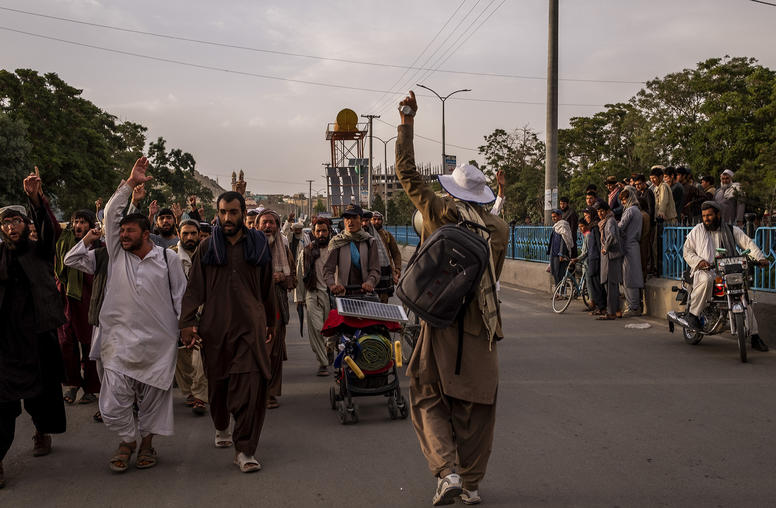
People Power Can Boost the Afghan Peace Process
I recently visited Afghanistan for the first time since serving at the U.S. Embassy in Kabul from 2009-2011. When I was last there, the fighting was intense and peace seemed far off. My days were spent working long hours at the embassy, and my nights were spent working on a book about violent and nonviolent resistance, a project which changed my life. Today, talks between the Taliban and the U.S.—and recently between the Taliban and Afghan leaders—have renewed hope for peace after decades of conflict. What role can civil resistance play amid the steady stream of violence in Afghanistan?
